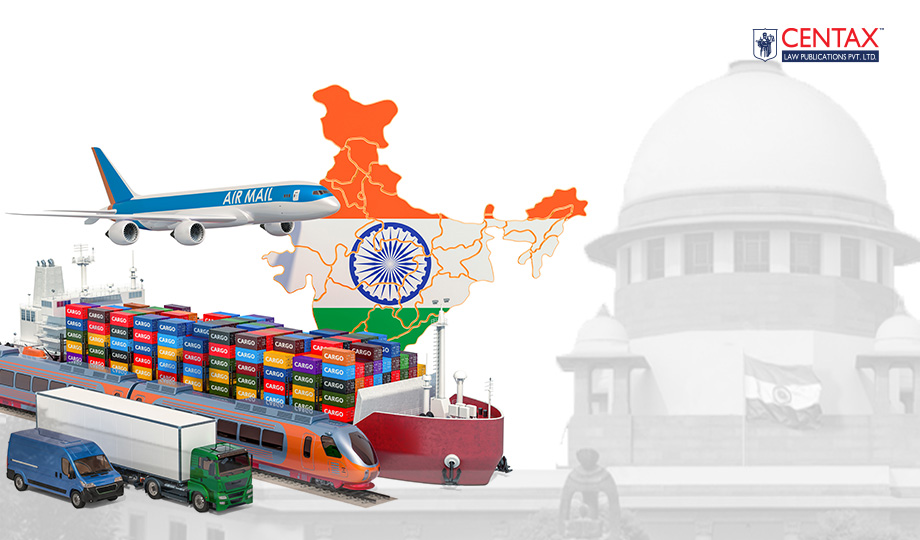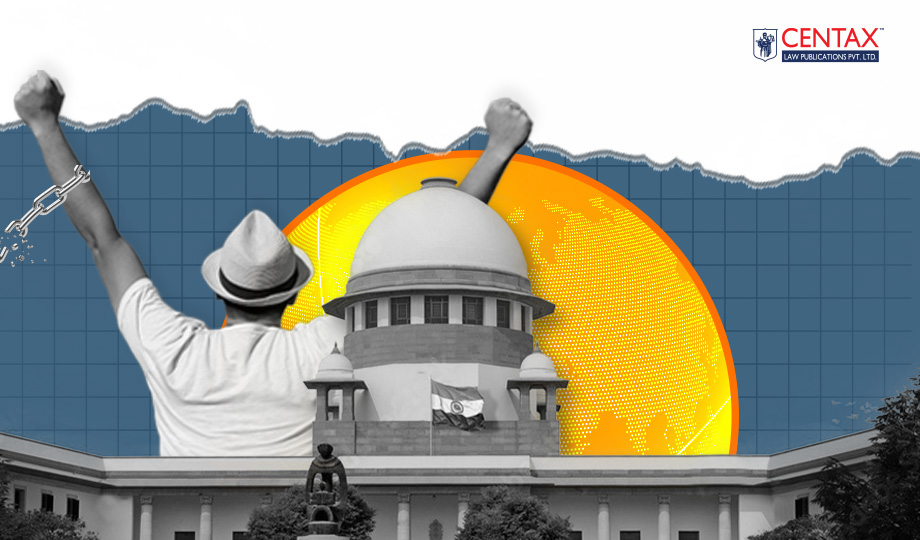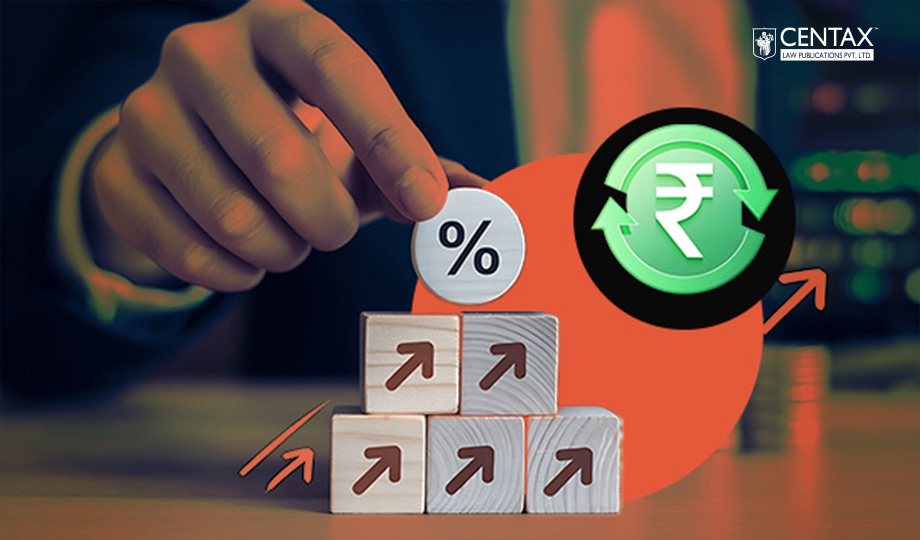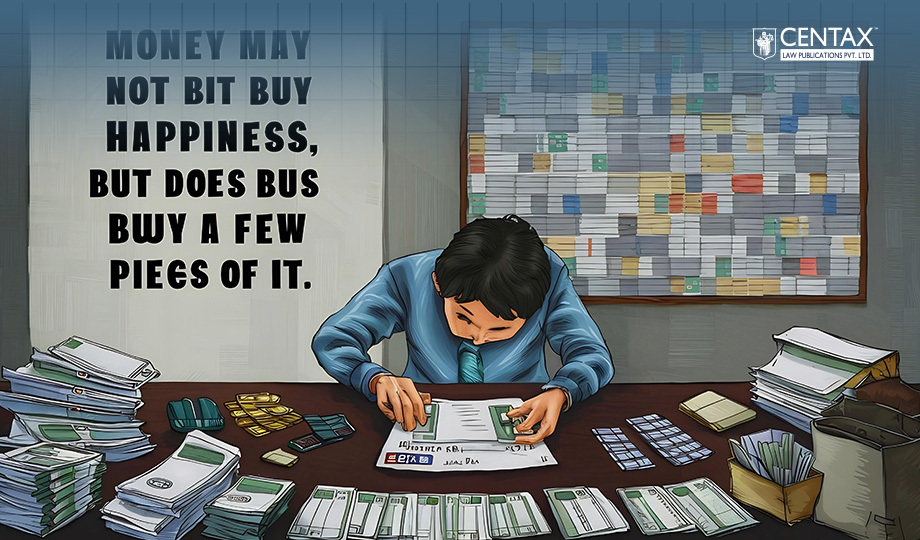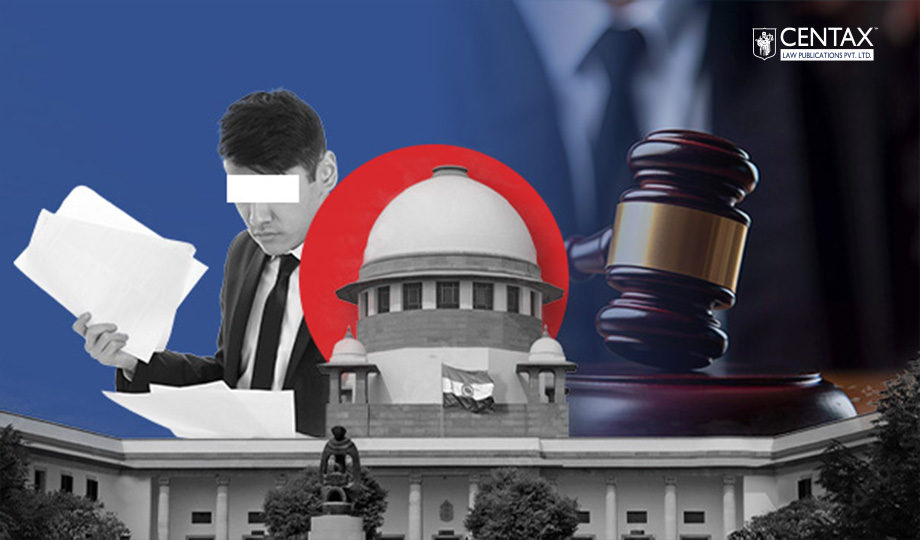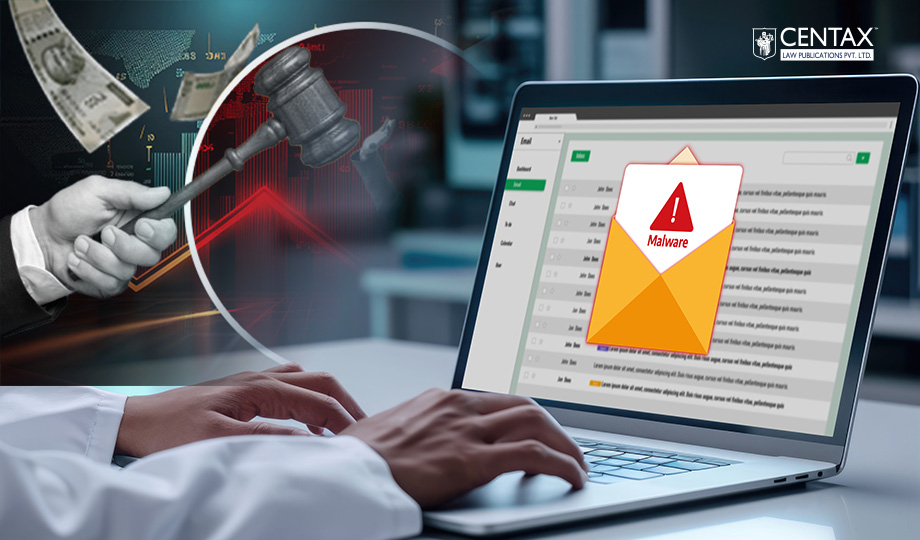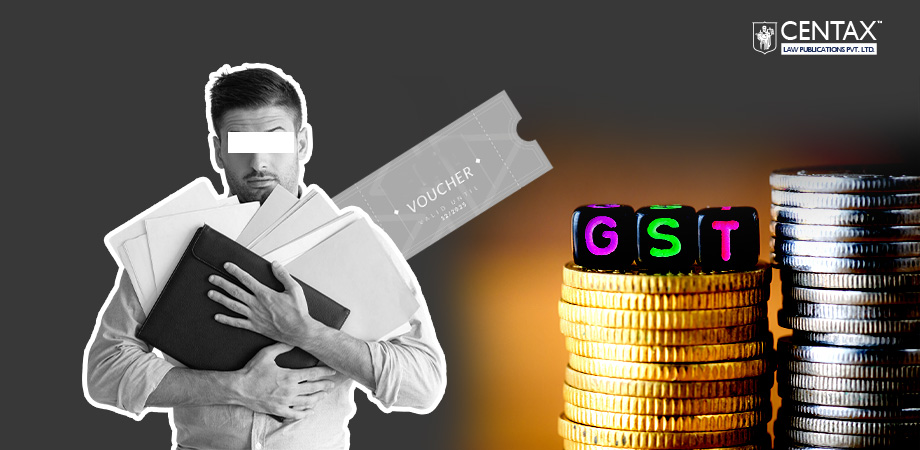
Under the Goods and Services Tax (GST) regime, vouchers are categorized as instruments that entitle the holder to receive goods or services against the value specified. The taxation of vouchers under GST is governed by Section 12(4) and Section 13(4) of the CGST Act, 2017, and Rule 32(6) of the CGST Rules, 2017.
Table of Contents
1. Background
Under GST law, a voucher, as defined under Section 2(118) of the CGST Act, refers to an instrument that carries an obligation to be accepted as consideration or part consideration for the supply of goods or services, wherein the goods or services to be supplied or the identity of their potential suppliers are either specified on the instrument itself or documented in related terms and conditions.
In the case of the supply of vouchers, the time of supply, as determined under Section 12(4) and Section 13(4) of the CGST Act, depends on whether the voucher qualifies as a single-purpose voucher or a multi-purpose voucher. The time of supply shall be (a) the date of issue of the voucher if the supply is identifiable at that point or (b) the date of redemption of the voucher in all other cases. Further, Rule 32(6) of the CGST Rules provides for the determination of the value in cases involving the supply of vouchers.
The taxability of vouchers has remained a contentious issue since the inception of GST, with conflicting interpretations by various State Advance Ruling Authorities and Courts, leading to divergent trade practices and uncertainty among stakeholders.
2. CBIC’s Clarification Through Circular No. 243/37/2024-GST, Dated 31-12-2024
Based on the recommendation of the 55th GST Council meeting, the CBIC has issued clarifications on various aspects related to the treatment of vouchers under GST vide Circular No. 243/37/2024-GST, Dated 31-12-2024.
2.1 Transaction in Vouchers Neither to be Treated as Supply of Goods Nor as Supply of Services
As per the provisions of GST law, a ‘voucher’ constitutes a payment instrument that imposes an obligation on the supplier to accept it as consideration or part consideration for the supply of goods and/or services.
The term ‘money’ encompasses instruments recognized by the Reserve Bank of India (RBI) that function as consideration for the settlement of an obligation.
Further, pre-paid instruments (PPIs), as defined by the RBI, are payment instruments that facilitate the purchase of goods and/or services against the value stored therein.
On a conjoint reading of the definitions of ‘voucher’ and ‘money,’ along with the regulatory framework governing PPIs, it emerges that where a voucher qualifies as a pre-paid instrument recognized by the RBI and is utilized as consideration for the settlement of an obligation, such a voucher would fall within the ambit of ‘money.
In view thereof, since ‘money’ is expressly excluded from the definition of goods and services under GST, transactions involving such vouchers shall not be construed as a supply of goods or services.
In cases where a voucher does not qualify as a pre-paid instrument recognized by the RBI and, therefore, does not fall within the definition of ‘money,’ it nonetheless represents an obligation on the supplier to accept it as consideration or part consideration. Such a voucher entitles the beneficiary or holder to claim specified goods and/or services as indicated on the voucher or in related documentation.
In such instances, the voucher may be regarded as an ‘actionable claim’ within the meaning of Section 2(1) of the CGST Act, read with Section 3 of the Transfer of Property Act, 1882.
Further, since vouchers do not fall within the definition of ‘specified actionable claims’ as per Section 2(102A) of the CGST Act, they are classified under Entry 6 of Schedule III of the CGST Act as ‘actionable claims, other than specified actionable claims.’ Consequently, even in such cases, transactions involving vouchers shall not be treated as a ‘supply of goods’ or a ‘supply of services’ under GST.
Therefore, the CBIC has clarified that, irrespective of whether a voucher qualifies as a pre-paid instrument recognized by the RBI, it remains merely an instrument creating an obligation on the supplier to accept it as consideration or part of consideration. Accordingly, transactions involving vouchers, in themselves, do not constitute a supply of goods or services under GST.
However, the supply of underlying goods and/or services, for which such vouchers are utilized as consideration or part of consideration, shall be subject to GST as per applicable provisions.
2.2 GST Treatment of Transaction in Vouchers by Distributors/Sub-distributors/Agents
The distribution of vouchers may be broadly categorized into two distinct models, each carrying separate GST implications:
- Principal-to-Principal (P2P) Basis – Under this model, distributors, sub-distributors, or dealers procure vouchers directly from the issuer, usually at a discounted rate. These vouchers are subsequently sold to sub-distributors, corporate entities, or end customers, with revenue generated through a trading margin, which represents the difference between the acquisition cost and the selling price of the vouchers.
The distributors and dealers, including sub-distributors, operate independently, retaining ownership of the vouchers and exercising full control over the entire process, from purchase to final sale to the end user.
The CBIC has clarified that GST is leviable under Section 9(1) of the CGST Act on the supply of goods and/or services. However, since vouchers do not constitute either a supply of goods or a supply of services, no GST shall be applicable on the trading margin earned from the purchase and sale of vouchers.
- Commission/Fee Basis – Under this model, distributors, sub-distributors, or agents operate on a principal-agent basis, facilitating the distribution of vouchers on behalf of the issuer. These entities engage in activities such as marketing, promotion, and other ancillary support functions in accordance with contractual agreements with the voucher issuer, receiving a commission, fee, or any other consideration for their services.
The CBIC has clarified that in such cases, since the distributors, sub-distributors, or agents do not retain ownership of the vouchers and merely act as intermediaries, their role constitutes a supply of services to the voucher issuer. Consequently, GST shall be payable by such distributors, sub-distributors, or agents on the commission, fee, or any other amount received for rendering such services.
2.3 GST Treatment of Additional Services Such as Advertisement, Co-branding, Marketing & Promotions, etc.
There may be instances where additional services such as advertisement, co-branding, customization, technology support, and customer support are provided to the voucher issuer. These services may be rendered either by the distributor/sub-distributor or by another entity, in exchange for a service fee, service charge, affiliate charge, or any other consideration, as stipulated in the contract or agreement.
CBIC has issued a clarification on such cases.
As per Para 5 of Circular No. 243/37/2024-GST, dated 31-12-2024, the consideration received for such services, including service fees, charges, or any other amount as per contractual agreements, shall be subject to GST at the applicable rate in the hands of the service provider.
2.4 GST Treatment of Unredeemed Vouchers (Breakage)
There may be instances where vouchers remain unused or unredeemed upon the expiry of their validity period. In such cases, businesses typically make book adjustments and account for the unredeemed voucher value as ‘breakage’ in their income statements. However, uncertainty arises regarding the GST applicability on such breakage, particularly whether it qualifies as the
‘monetary value of any act or forbearance, in respect of, in response to, or for the inducement of, the supply of goods or services or both’.
The CBIC has clarified that in cases of breakage, there is no underlying supply of goods or services on account of such unredeemed vouchers. Accordingly, the amount attributable to unredeemed vouchers (breakage) would not be taxable under GST.
Furthermore, where a voucher is issued for redemption against goods or services, and there is no express or implied agreement—whether oral or written—between the issuer and the redeemer to impose any payment or charges for non-redemption, the non-redemption of vouchers cannot be deemed a supply of services.
Therefore, it is clarified that the amount attributable to non-redemption of voucher (breakage) does not constitute as a
‘monetary value of any act or forbearance, in respect of, in response to, or for the inducement of, the supply of goods or services or both, whether by the recipient or by any other person’.
Consequently, no GST liability arises on such breakage amounts.















